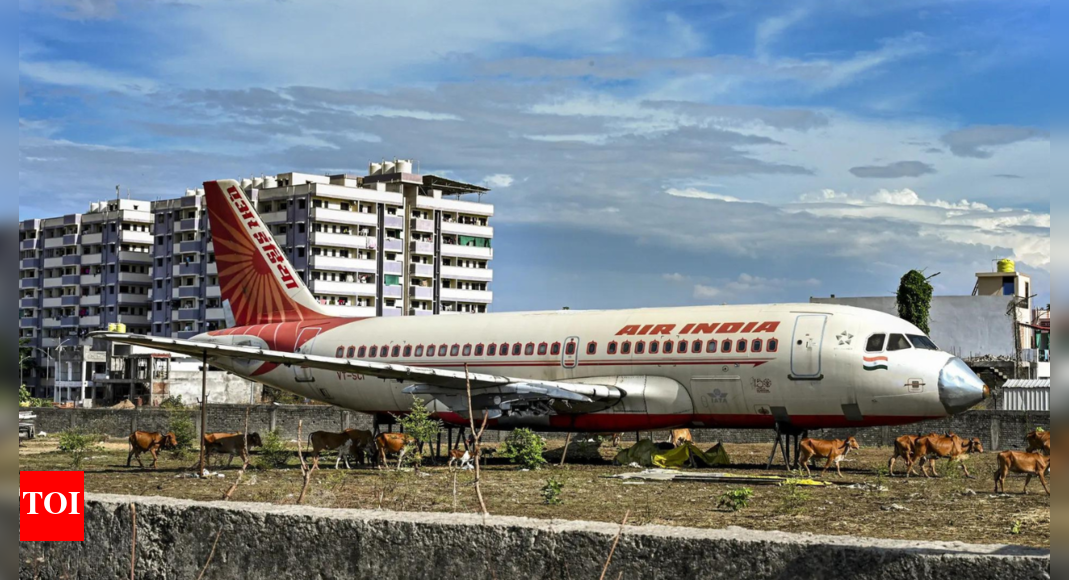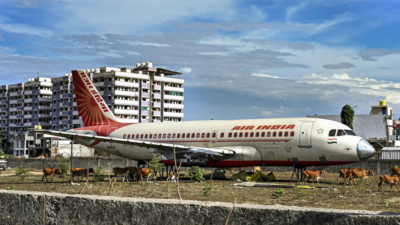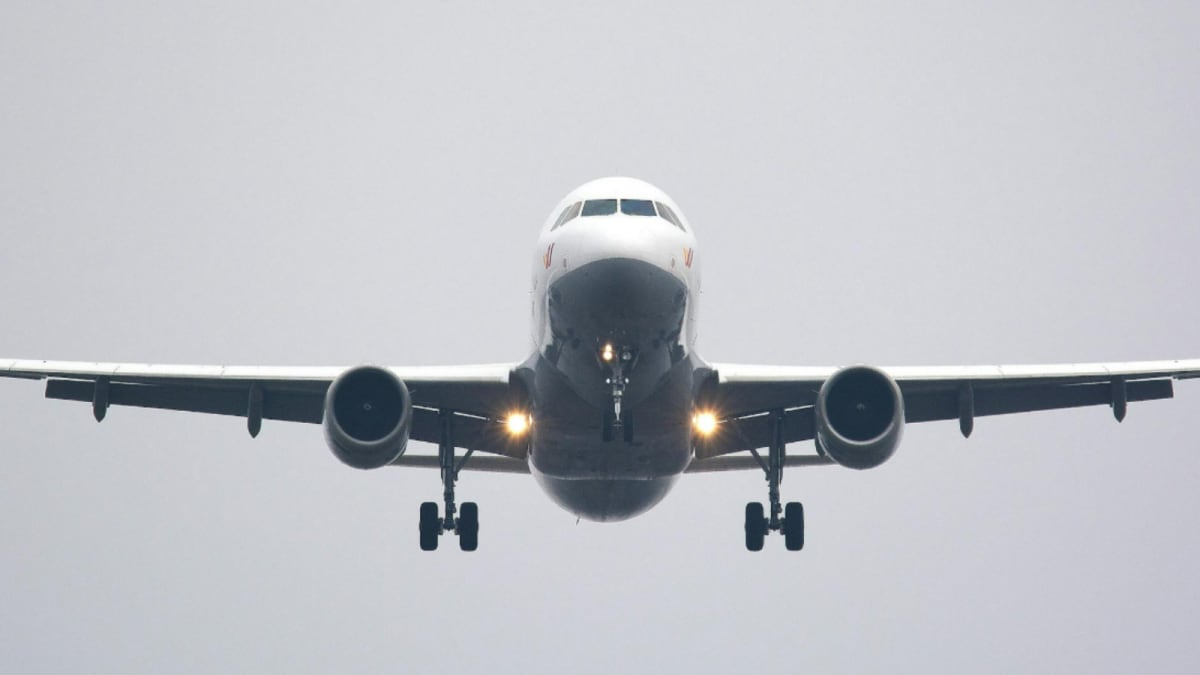Air India announced its plans to reduce its reliance on Turkish Technic for the maintenance of its wide-body aircraft, redirecting operations to alternative Maintenance, Repair and Overhaul (MRO) facilities, according to CEO Campbell Wilson. The move comes in light of recent geopolitical developments involving Turkiye.In May, Turkiye voiced support for Pakistan and condemned India’s anti-terror operations. In response, India’s Bureau of Civil Aviation Security (BCAS) revoked the security clearance of Turkish company Celebi Airport Services India Pvt Ltd on May 15, citing concerns over “national security”.Subsequently, on May 30, the Directorate General of Civil Aviation (DGCA) granted a final three-month extension to IndiGo for operating two damp-leased Boeing 777 aircraft from Turkish Airlines. The extension is valid until August 31, with a directive to terminate the lease within that period.Also read: IndiGo confirms order for 30 more Airbus A350s, strengthens wide-body fleetAddressing questions regarding Air India’s ongoing use of Turkish Technic for wide-body aircraft maintenance, Wilson pointed to the global nature of aviation supply chains but underlined the airline’s responsiveness to geopolitical shifts and public sentiment. “It does take a while to adjust when the circumstances change around us but we are obviously sensitive to the national sentiment and perhaps the national wishes. So, regardless of which country we are talking about, we would clearly take cognisance of what people like us to do and expect us to do,” Wilson said in an interview with PTI.Turkish Technic currently conducts heavy maintenance for a portion of Air India’s Boeing 777 and 787 fleet.Wilson said Air India would temporarily redirect aircraft requiring MRO services to facilities in the Middle East, South East Asia, the US, and, on a limited basis, still to Turkish Technic, until domestic capacity is developed. “With this most recent development, we will look to recalibrate where we sent our aircraft, reduce the amount that we are sending to Turkiye and send it to other places,” he said.“But that does take some time because aircraft have to be maintained… we are cognisant of recent developments and we will look to adjust our plans,” he added.Also read: Air India eyes 200 narrow-body aircrafts in fresh talks with Airbus, Boeing, claims reportDuring the PTI interview, the Air India CEO also explained that when faced with external challenges like supply chain disruptions and airspace concerns, the airline “just learns to adapt and move on” accordingly. “When you are trying to do a turnaround, there are so many things that require us to act to prove ourselves… the objective is very very clear and hasn’t changed in the slightest, the opportunity hasn’t changed in the slightest, in fact if anything it has got more clear at the scale of the opportunity,” he said.Air India has witnessed substantial growth in both passenger and cargo operations since privatisation, according to Wilson. The cargo division’s revenue has surged to more than triple its previous figures, whilst passenger revenue has shown a twofold increase during this timeframe. “Again, huge upside, non-stop service into key points around the world, more focus on cargo, better systems, more consistent product delivery, all of these things mean we are a much more credible player in the cargo space. (There is) significant upside opportunity,” he said.Air India currently operates a fleet of 191 aircraft, including 64 wide-body jets.






